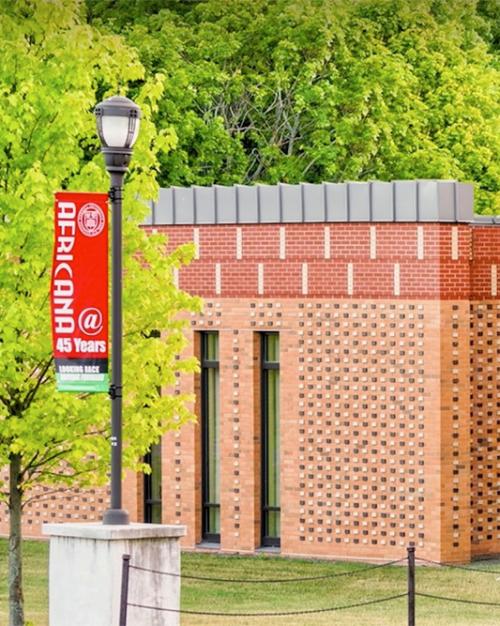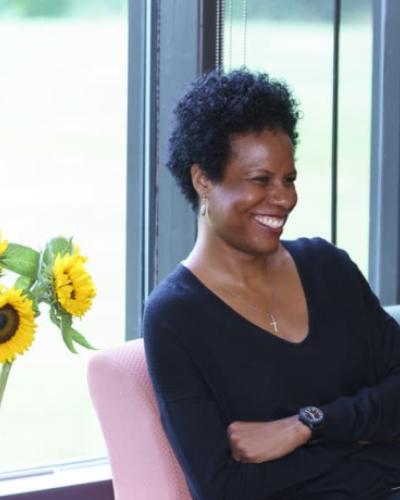Like so many people around the world, I am horrified, saddened and deeply unsettled by the death of George Floyd at the hands of four police officers in Minneapolis, Minn. on May 25. His death reflected longstanding patterns of routinized violence against black men and women at the hands of law enforcement and white vigilantes. Last week, many people were horrified to see the video that captured the officer Derek Chauvin pressing his knee on Floyd’s neck for over eight minutes, indifferent as Floyd repeatedly cried out “I can’t breathe.” This phrase heartbreakingly echoed the words cried out by Eric Garner in Staten Island, N.Y. in the moments before his death in 2014 after being tackled by multiple officers and placed in a chokehold by Daniel Pantaleo. By the time of Floyd’s death, the murders of EMT Breonna Taylor in Louisville, Kentucky and U.S. Air Force veteran Sean Reed in Indianapolis, Indiana by police, and the vigilante killing of Ahmaud Arbery in Brunswick, Georgia, were incidents already in the news that had sparked protest and reiterated the need for accountability and reforms in law enforcement. Floyd’s death was the final tipping point in a series of incidents that have ignited protests in cities around this nation, as well as the world.
Read the entire article in The Cornell Daily Sun
Riché Richardson is an associate professor at Cornell in the Africana Studies and Research Center. Comments can be sent to opinion@cornellsun.com. Guest Room runs periodically this semester.





